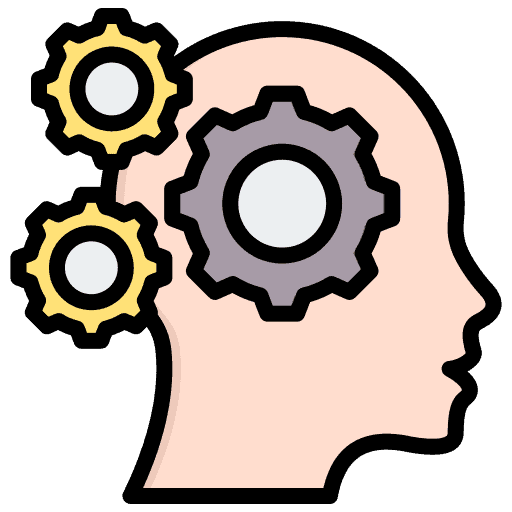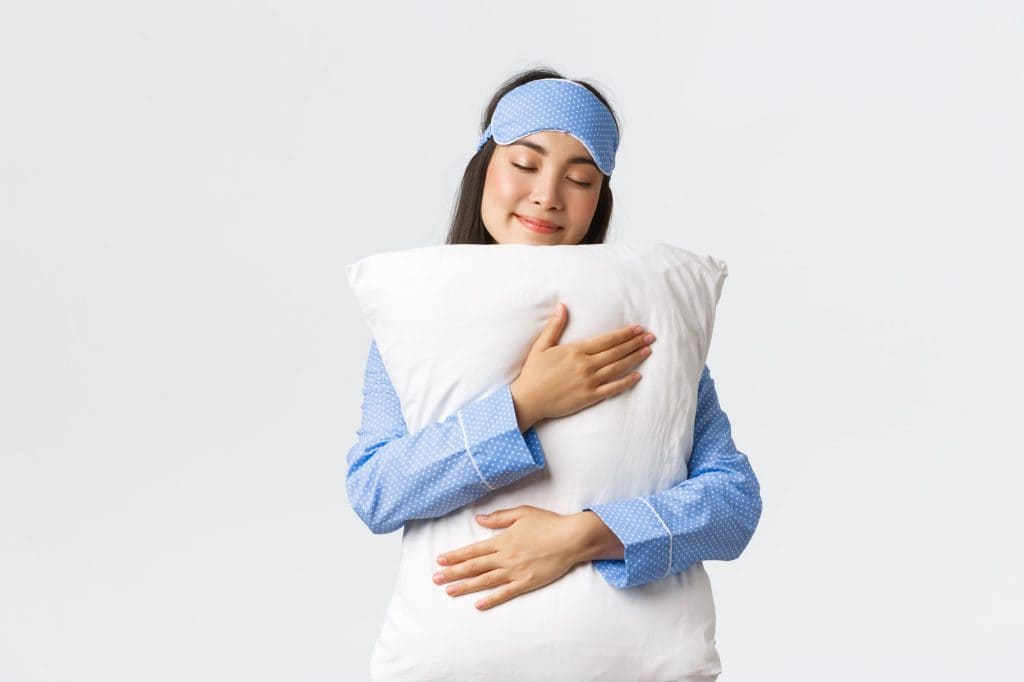Bedding / Sleep Advice
Why Do We Sleep?
We spend one-third of our lives sleeping, but many of us don’t question it. After all, we’ve all experienced the consequences of having a rough night’s kip. You wake up the next day feeling groggy, tired, and far from your best. Then, as the day progresses, everything feels more like a chore than ever before!
The reason for this is that sleep is important, in more ways than one. In this article, we will explore why we sleep and the importance of doing so.
Why Do We Sleep?
The reason behind why we sleep is still a much-debated topic. While some experts suggest it’s because we need time to rest and repair, others suggest this time allows our brain to restructure. Below, we delve into the four main theories behind why we sleep.
1. Restorative Theory

Restorative theory suggests that we sleep because it gives our bodies time to rest, repair, and recover from the strenuous activity we put it through during the day. When we walk, stretch, or exercise, our body takes a hit – we experience muscle wear and tear that needs repairing, and we do all this while we sleep. Sleep gives our muscles time to grow, our tissues time to repair, and our body to release important hormones.
2. Brain Plasticity Theory
Did you know that our brains change all throughout our lives? Our brain is continually adapting, changing, and evolving in a process called brain plasticity. Researchers suggest that sleep plays an important role in this process, allowing our brains some downtime to perform this all-important change. By giving our brains time to recoup, we aid brain processes like memory and learning.
3. Energy Conservation Theory
Ever felt completely whacked, like you have no energy at all? According to the energy conservation theory, chances are, you’ve underslept. This theory posits that we use sleep as a way to conserve our energy, helping to keep us lively throughout the next day.
4. Evolutionary Theory

If you ask many scientists, most things come down to evolution, and sleep is no exception. According to evolutionary theory, sleep serves the protective function of helping us survive, as it enables us to be inactive during nighttime, a time when predators and threats are at their most abundant.
Why Is Sleep Important?
Some benefits of sleep are obvious – yes, you’ll feel less tired. But why does a lack of sleep affect us so badly? Well, sleep serves many important functions, improving our physical and mental health, cognitive function, and even our safety! Let’s explore these benefits in more detail.
Sleep & Physical Health
Our bodies need time to rest and repair, and sleep is the prime time for this. Even if we’re fast asleep in a deep, deep slumber, our bodies are busy synthesising proteins, repairing our muscles, and releasing various hormones responsible for growth. If we don’t have this – as is the case with a lack of sleep – this significantly impairs our bodies’ ability to grow and recover, which can harm our immune system and make us more likely to get sick.
Sleep & Mental Health
Ever felt like your ability to handle stress significantly reduces on a poor night’s sleep? If you’ve noticed this before, you’re not alone. A lack of sleep can wreak havoc on our mental health, laying the foundation for mental health conditions like anxiety and depression and lowering our ability to manage stress and other difficult emotions.
Sleep & Cognitive Function

Sleep is incredibly important for various cognitive functions, including our attention, memory, and decision-making. Our sleep is broken up into four stages: N1, N2, deep sleep, and REM sleep. It’s this last sleep stage that matters most here – REM sleep is vital when it comes to turning our short-term memories into long-term memories. However, if we don’t get enough sleep, we miss out on the REM stage, meaning extreme consequences for our memory.
How Sleep Keeps Us Safe
The idea of sleep keeping us safe may seem funny. After all, it doesn’t protect us from physical harm or stop us from getting into an accident. Or does it? Research indicates that lack of sleep can slow down our reaction times and lead to poor judgement, meaning we struggle to respond well and timely to things like we would on a full night’s rest. What’s more, lack of sleep makes us clumsier as it influences our coordination, meaning we may be more likely to drop things, bump into something, or stumble and fall.
Final Word on Sleep
Without sleep, we wouldn’t get very far. We depend on it for energy, physical restoration, and emotional well-being, making us miserable when we’re without it. While many of us may not have questioned the importance of sleep until now, knowing why sleep is important and the functions it serves can help us make healthy decisions on sleep.

